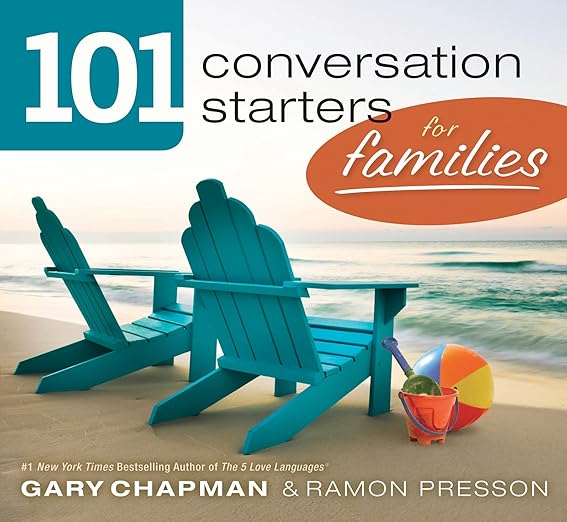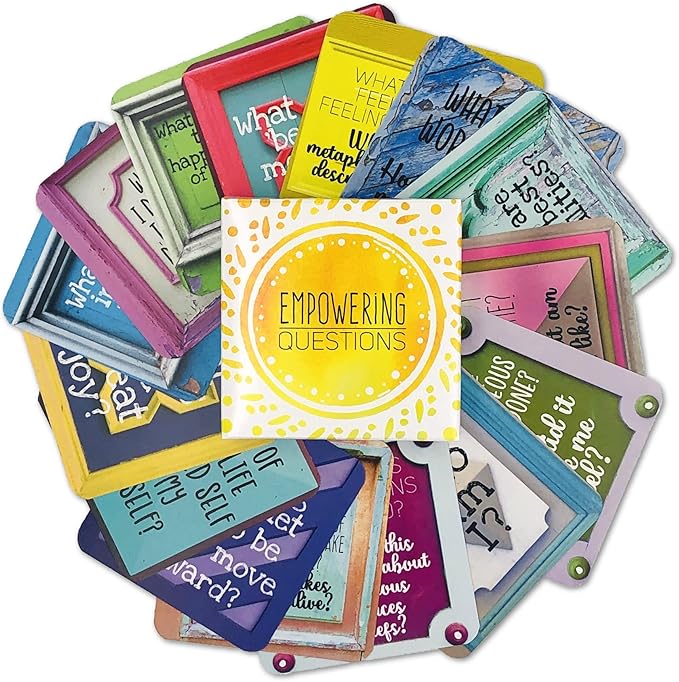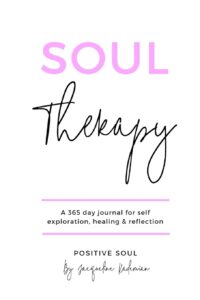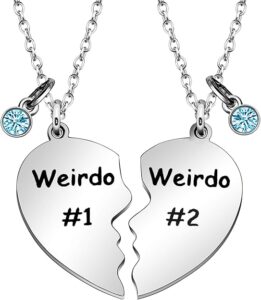Healing mother wounds is a deeply personal journey that can bring profound clarity, peace, and emotional freedom. Whether you’re a teenager navigating the complexities of your relationship with your mother or an adult reflecting on the past, journaling can be a powerful tool for self-discovery and healing. Through thoughtful prompts, you can explore your feelings, process pain, and develop healthier perspectives about your relationship with your mother and yourself.
Here’s a detailed list of 100 journal prompts to guide you on this journey, divided into sections to address different aspects of healing.
We also have some cute cards with the questions below which you can download, stick to your journal as you answer them. Find more conversation cards, game cards on our store here. Find these kind conversation on other blog posts.
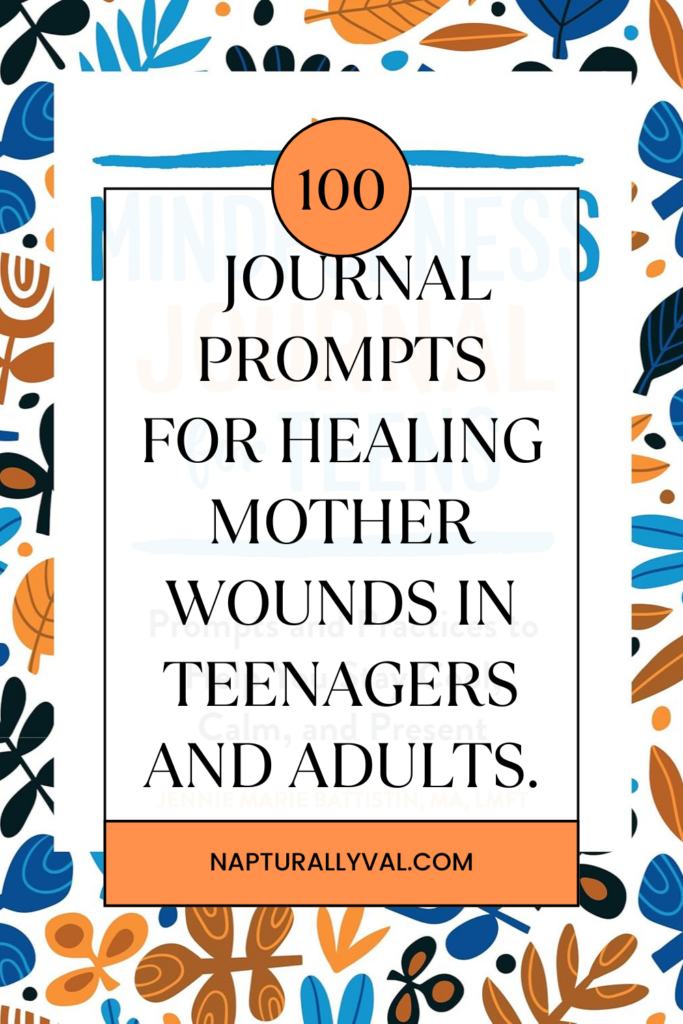
Table of Contents
Best Journal Prompts for Healing Mother Wounds in Teenagers and Adults.
Understanding the Mother Wound
- What does the term “mother wound” mean to me personally?
- What are my earliest memories of my relationship with my mother?
- How did my mother express love and care for me as a child?
- In what ways did my mother meet or fail to meet my emotional needs?
- How do I feel about the way my mother disciplined me?
- What were the unspoken rules or expectations in my relationship with my mother?
- What role did my mother play in shaping my self-esteem?
- How has my relationship with my mother influenced my relationship with authority figures?
- What are the positive traits I have inherited or learned from my mother?
- What are the negative patterns or habits I may have adopted from my mother?
Acknowledging and Validating Your Emotions
- How do I feel when I think about my relationship with my mother?
- What are the most painful memories I have of my mother?
- What are the happiest memories I have of my mother?
- How do I handle feelings of anger, guilt, or sadness related to my mother?
- Do I feel comfortable expressing my emotions about my mother? Why or why not?
- What triggers remind me of my mother, and how do they make me feel?
- How have I dealt with emotional wounds from my mother in the past?
- What would I say to my younger self about their relationship with their mother?
- How do I feel when I see other people with their mothers?
- What emotions have I suppressed in my relationship with my mother?
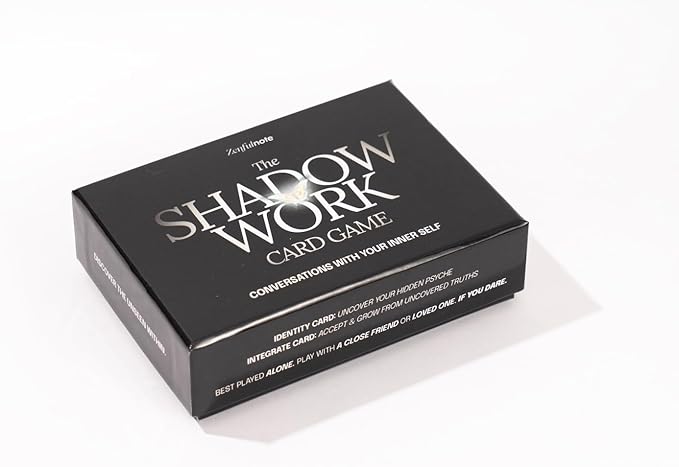
Exploring Patterns and Behaviors
- What patterns in my behavior might be connected to my mother’s influence?
- How has my mother’s relationship with her own mother impacted her parenting?
- What boundaries, if any, were missing in my relationship with my mother?
- How has my mother’s behavior influenced my communication style?
- What lessons did I learn about love and relationships from my mother?
- Do I seek validation from others in ways that may relate to my mother?
- How do I react to criticism, and could this be linked to my upbringing?
- Have I repeated any of my mother’s patterns in my own relationships?
- How does my mother’s behavior affect the way I parent (or imagine parenting)?
- What beliefs about myself have been shaped by my mother’s words or actions?
Healing Through Forgiveness and Understanding
- What does forgiveness mean to me in the context of my mother?
- Are there things I still blame my mother for? Why?
- How can I begin to release resentment toward my mother?
- What challenges or struggles did my mother face while raising me?
- How might I show compassion toward my mother without excusing harmful behavior?
- What would I say to my mother if I felt safe to express my feelings?
- How can I redefine my relationship with my mother moving forward?
- What are some small ways I can practice forgiveness in my daily life?
- How do I distinguish between my mother’s actions and my worth as a person?
- How might I honor both my pain and my desire to heal?
Rebuilding Your Self-Identity
- Who am I outside of my relationship with my mother?
- What are my personal values, and how do they differ from my mother’s?
- How can I reclaim parts of myself that I may have suppressed?
- What hobbies or interests bring me joy, independent of my upbringing?
- What do I love most about myself, and how can I nurture it further?
- How has my mother’s voice influenced my inner dialogue, and how can I change it?
- What boundaries do I need to set to protect my mental and emotional health?
- How can I practice self-care during this healing journey?
- What affirmations can I use to remind myself of my worth and resilience?
- How can I embrace my unique qualities that make me who I am?
For Teenagers: Navigating the Present Relationship
- What do I wish my mother understood about me right now?
- How can I express my needs to my mother in a healthy way?
- What boundaries do I need to establish in my relationship with my mother?
- How can I find support outside of my relationship with my mother?
- What do I appreciate about my mother, even if our relationship is challenging?
- What steps can I take to improve communication with my mother?
- How do I handle disagreements with my mother?
- Who are the positive role models in my life, and how do they support me?
- What advice would I give to a friend going through a similar situation?
- How can I balance respecting my mother and standing up for myself?
For Adults: Reflecting on the Past
- How has my relationship with my mother shaped who I am today?
- What lessons from my mother’s parenting do I want to keep or discard?
- What memories of my mother do I cherish most?
- How can I let go of guilt or shame related to my mother?
- What boundaries do I need to maintain in my adult relationship with my mother?
- How do I see my mother differently now compared to my childhood?
- What role does my mother play in my current life?
- How do I balance healing from past wounds while being present in my life?
- What family dynamics have I noticed that affect my healing process?
- How can I nurture my own inner child?
Focusing on Growth and Empowerment
- What does a healthy mother-child relationship look like to me?
- How can I cultivate healthy relationships with others in my life?
- What steps can I take to improve my emotional intelligence?
- How can I practice gratitude during my healing process?
- What are my strengths, and how can they support my healing?
- What goals do I have for myself moving forward?
- How do I define success in my relationships?
- What inspires me to keep healing and growing?
- How can I celebrate my progress, no matter how small?
- What would a fully healed version of me look and feel like?
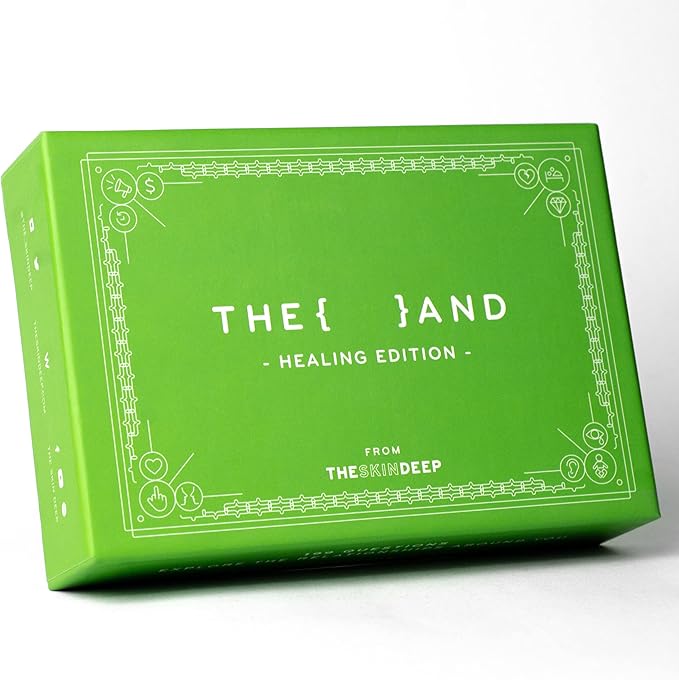
Rewriting Your Story
- What narratives about my mother and myself am I ready to change?
- How can I take control of my healing process?
- What does closure look like for me in this relationship?
- How can I release the need for external validation?
- What do I want my future self to know about this journey?
- How do I want to be remembered by my loved ones?
- What legacy do I want to leave, independent of my upbringing?
- How can I use my experiences to help others?
- What new traditions or practices can I create for myself?
- What does unconditional self-love look like for me?
Bringing It All Together
- How has journaling helped me understand my emotions?
- What have I learned about my mother and myself through this process?
- How do I define healing, and where am I on that path?
- What tools or resources can I continue using to support my journey?
- Who are the people I trust to support me through this healing process?
- How can I practice patience and kindness toward myself?
- What is one thing I can do today to feel more at peace?
- How can I honor my progress, even if it feels incomplete?
- What strengths have I discovered in myself through this journey?
- What is my vision for the relationship I want to have with myself and my mother?
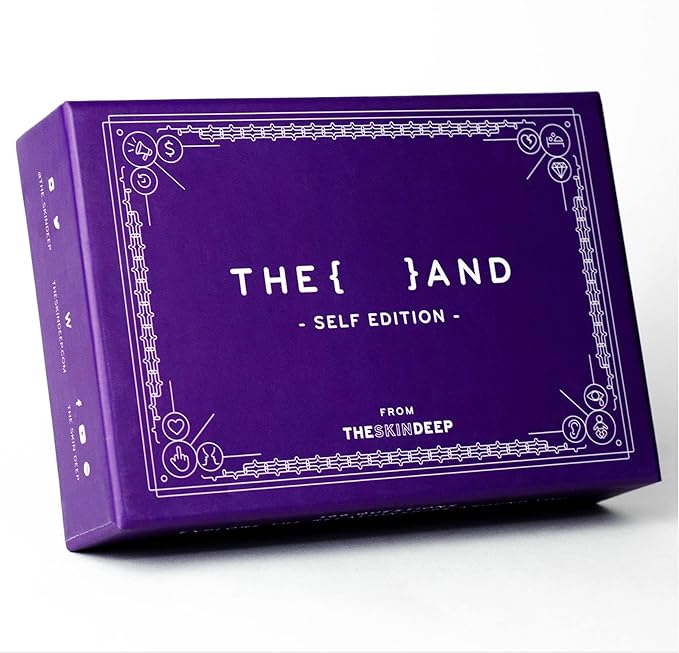
Final Thoughts
Healing mother wounds is not a linear journey but a deeply transformative one. By using these prompts, you give yourself the space to explore your emotions, validate your experiences, and rebuild a stronger, more compassionate relationship with yourself and your past. Journaling offers a safe, nonjudgmental space to express and heal—so grab a pen and start where you feel ready. You’re doing the work, and that’s worth celebrating.

